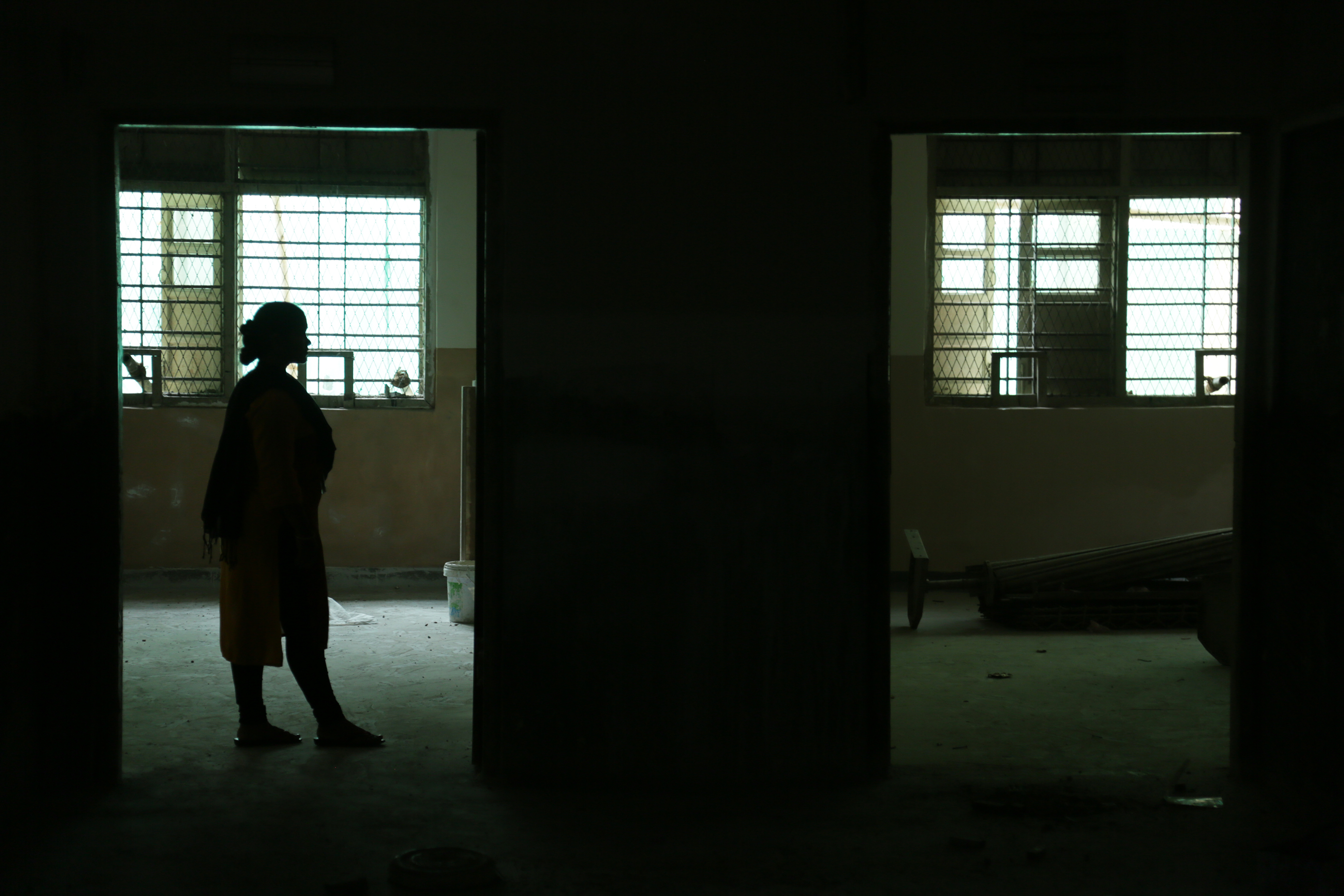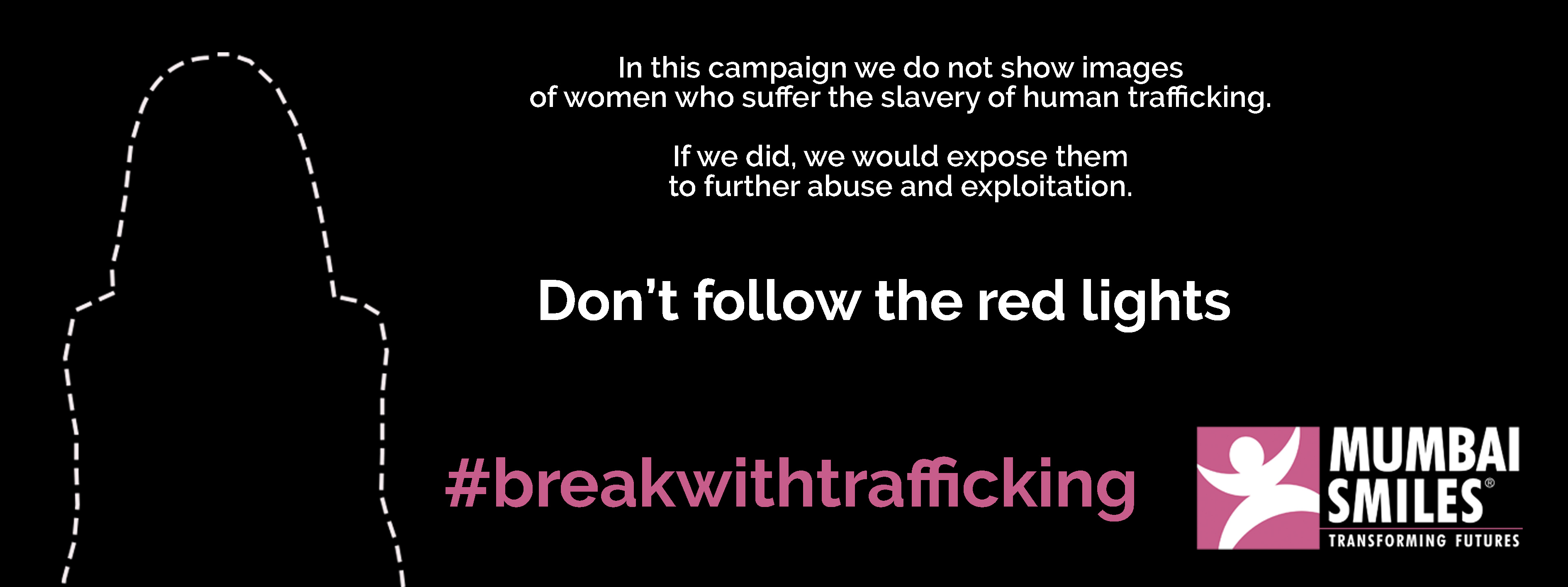Blog
5 things you (maybe) didn’t know about Human Trafficking
Today, July 30, the International Day against Human Trafficking is celebrated around the world, a crime that involves the exploitation of women, men, teenagers and children for numerous motives, including forced labour and sexual exploitation.
- It is estimated that more than 500,000 people are trafficked annually worldwide. i.e. One every hour. Most of them are captured to be sexually exploited.
- Almost three out of four of the Human Trafficking victims detected worldwide are women. 31% are boys and girls. Among women victims of sexual exploitation, those who have been trafficked, suffer the worst conditions. They are the most vulnerable after being subjected, they are humiliated, suffer the violence and find it most difficult to rehabilitate and rebuild their lives after an eventual flight with the traffickers who forced them.
- Human trafficking occurs in all the countries. But it has more impact in the surroundings where the rule of law and welfare is weak and people lack opportunities. Humanitarian crises, extreme poverty and conflict create an environment in which traffickers easily take disadvantage of the most susceptible people.
- The numbers grow every year. Every year, more cases of human trafficking are detected and reported worldwide, and with an increasing amount of boys and girls. In 2018, minors who are victims of Human Trafficking for sexual motives are already 31%. Out of these, 23% are girls and 8% boys.
- The fight against Human Trafficking brings us closer to achieve the Sustainable Development Goals, which require eliminating all forms of violence against women and girls, fighting against organized crime and eradicating forced labour, abuse, exploitation and violence against children.

Photograph by Susanna Carpintero
In India, it is estimated that more than 400,000 girls and women are victims of Human Trafficking in Mumbai alone. Out of these, 1, 80, 000 are minors (See FOCUS: BOMBAY, March 2020). With the current situation of pandemic due to Covid-19 and lockdown, these victims are more exposed than ever to the illegal traffickers that retain and exploit them. They are more susceptible to violence, extortion, and ill-treatment.
On the other hand, many of these victims come from other countries like Bangladesh. With the lockdown norms and the closing of borders, those who were processing their repatriation have been caught in an administrative suspension. This may mean that they have to restart the complex process of repatriation and permits while they lack the resources or income for themselves, and sometimes for the survival of their sons and daughters as well.
The beneficiaries of the anti-trafficking projects that we attend in Mumbai Smiles Foundation have also suffered the consequences during these lockdown months. Without the possibility of earning an income and living 24 hours a day in the same rooms where they are forced to practice prostitution, monitoring their psychological state has been essential. During these months, our teams have actively followed each one of them, through 470 phone calls and face-to-face visits, in order to verify their needs and special attention. Likewise, their sons and daughters have been cared for by the preschool teams, and have followed the curriculum through activities conducted online or mobile.
Therefore, today, July 30, we must remember that Human Trafficking is a problem that we cannot tolerate, because it constitutes a violation of human rights for millions of people. But also, that the current world situation and in particular in India, is leaving victims even more exposed and unprotected. We cannot leave them behind.
Learn more about Human Trafficking and find out how you can support our #breakwithtrafficking campaign.







